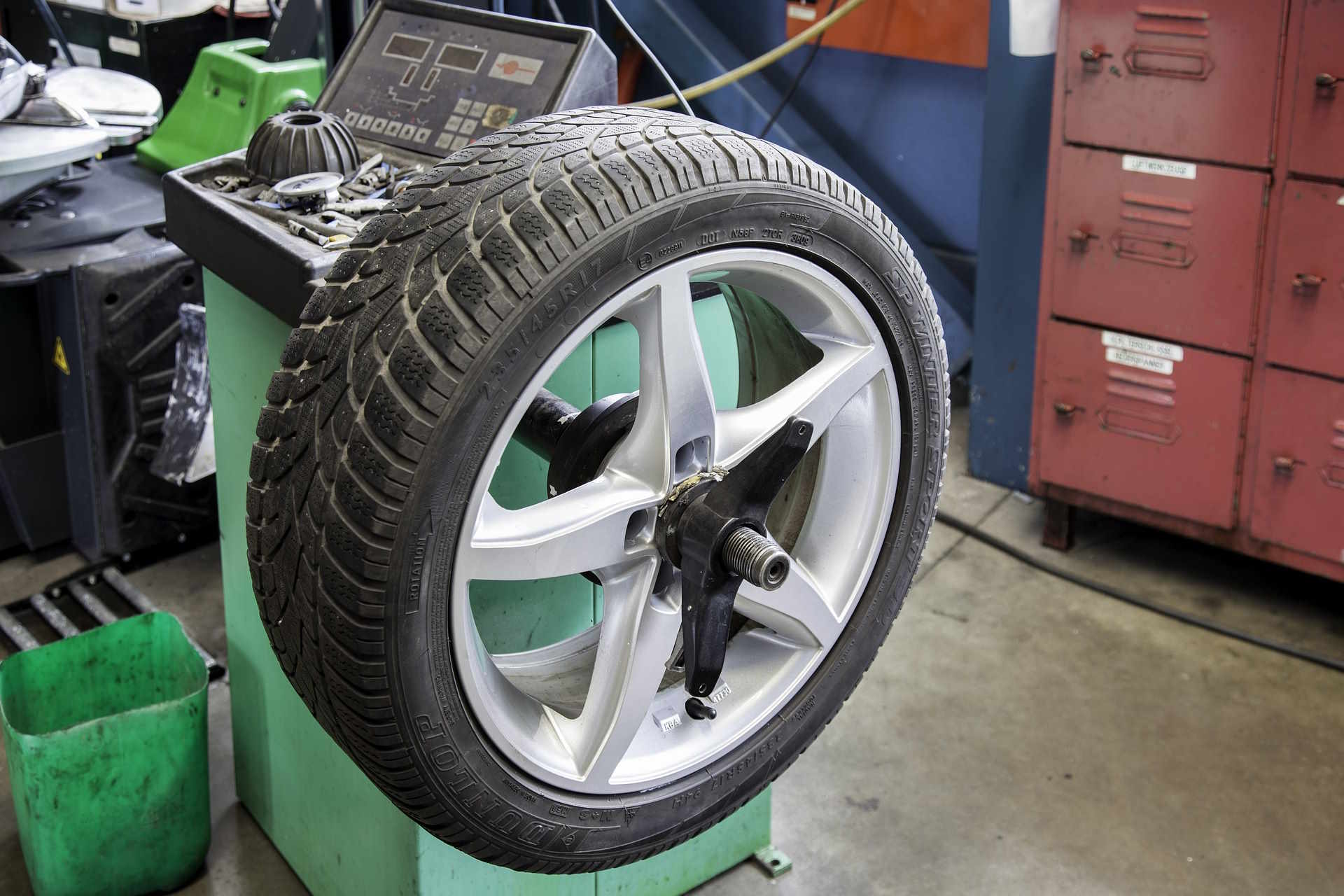Automotive Mechanic Training Available for English Speakers in Canada
Start with training in automotive mechanics, and individuals in Canada who speak English can launch a career in this dynamic field. These programs provide essential skills and knowledge required for various roles within the automotive industry, catering to those looking to develop their expertise and enhance their employability.

Comprehensive Training for Aspiring Automotive Mechanics in Canada
Automotive mechanic training programs in Canada typically offer a robust curriculum covering all major vehicle systems. Most programs include coursework on engines, transmissions, electrical systems, braking systems, steering and suspension, climate control, and computerized diagnostics. The training structure usually combines classroom instruction with practical shop time, where students work on actual vehicles under supervision.
Many Canadian colleges and technical institutes offer programs ranging from 6-month certificates to 2-year diploma programs. These are often designed in consultation with industry partners to ensure graduates possess relevant, up-to-date skills. The Ontario College of Trades, for example, establishes standards for apprenticeship training that helps maintain consistent quality across programs in that province.
For English speakers, the advantage of these programs lies in their accessibility. Course materials, instruction, technical manuals, and certification exams are all available in English, making the learning process straightforward for native English speakers or those proficient in the language.
Skills Development for Career Advancement in the Automotive Field
Modern automotive mechanic training extends far beyond basic mechanical skills. Today’s programs emphasize diagnostic technology proficiency, as vehicles increasingly incorporate sophisticated computer systems and electronic components. Students learn to use computerized diagnostic equipment, digital multimeters, scan tools, and manufacturer-specific software interfaces.
The Red Seal endorsement represents a significant credential for mechanics seeking career advancement. This nationally recognized certification allows qualified tradespeople to work across all Canadian provinces and territories without additional testing. Many training programs specifically prepare students for the Red Seal examination, covering the standardized curriculum required for this prestigious certification.
Communication skills also receive emphasis in contemporary training programs. Mechanics must effectively explain complex technical issues to customers who may have limited automotive knowledge. This customer service component is critical for those who aspire to service advisor roles or shop management positions. Some advanced programs even include basic business management courses for those interested in eventually owning their own repair facilities.
Explore Career Opportunities in the Growing Automotive Industry
The automotive service sector in Canada continues to demonstrate resilience and growth. According to industry reports, there are approximately 160,000 automotive repair and maintenance jobs in Canada, with projections showing steady demand due to increasing vehicle complexity and an aging workforce creating replacement needs.
Graduates of automotive mechanic training programs find employment opportunities in diverse settings including dealership service departments, independent repair shops, fleet maintenance facilities, and specialty shops focusing on specific systems like transmissions or electrical components. Some technicians also find careers in adjacent industries such as manufacturing, parts distribution, or insurance claims assessment.
Specialized certifications can further expand career prospects. Programs often provide pathways to credentials in specialized areas like hybrid/electric vehicles, diesel engines, performance tuning, or heavy equipment maintenance. These specializations can lead to higher compensation and more diverse employment opportunities throughout a mechanic’s career.
Training Options and Program Structures Available in Canada
Automotive training programs in Canada generally follow one of several structures. Pre-employment programs offer concentrated technical training before students enter the workforce, while apprenticeship programs combine paid work experience with periodic classroom instruction, typically spanning 3-4 years total. Co-op programs represent a middle ground, alternating academic terms with paid work placements.
The apprenticeship pathway remains particularly popular, as it allows students to earn while they learn. This route typically requires finding an employer willing to sponsor the apprentice, followed by registration with the provincial apprenticeship authority. Apprentices typically spend 80-90% of their time working and the remainder in technical training.
Many institutions offer flexible learning options to accommodate different student needs. Evening and weekend courses can accommodate those who need to maintain employment while studying, while some programs incorporate online components for theoretical instruction, supplemented by in-person shop time for practical skills development.
Costs and Training Provider Comparison
Automotive mechanic training program costs vary significantly based on institution type, program length, and location within Canada. Understanding these variations can help prospective students make informed decisions about their educational investments.
| Institution Type | Program Duration | Approximate Tuition (CAD) | Additional Costs | Financial Aid Options |
|---|---|---|---|---|
| Public College | 1-year Certificate | $2,500 - $5,000 | $800 - $1,500 for tools | Government grants, student loans |
| Private Career College | 8-12 month Diploma | $15,000 - $25,000 | Often includes basic tools | Private payment plans, limited scholarships |
| Apprenticeship Program | 3-4 years (periodic classroom) | $600 - $1,000 per session | Varies by employer | Employment Insurance during classroom periods |
| Technical Institute | 2-year Diploma | $4,000 - $8,000 per year | $1,000 - $2,000 for tools | Provincial loans, grants, bursaries |
Prices, rates, or cost estimates mentioned in this article are based on the latest available information but may change over time. Independent research is advised before making financial decisions.
For apprenticeship programs, students should note that while tuition costs are lower, employers generally expect apprentices to gradually build their own tool collection. This represents a significant investment over time but allows mechanics to acquire professional-grade tools incrementally while earning income.
Training Requirements and Certification Process
Successfully completing automotive mechanic training is just the beginning of the certification journey. Most provinces require mechanics to obtain either provincial certification or the interprovincial Red Seal designation to work legally as automotive service technicians.
The certification process typically involves examination of both theoretical knowledge and practical skills. Graduates of recognized training programs may receive credit toward apprenticeship hours required for certification. In most provinces, apprentices must complete approximately 6,000-8,000 hours of documented work experience under a licensed mechanic’s supervision before qualifying for final certification exams.
Continuing education remains essential even after certification, as automotive technology evolves rapidly. Many employers and certification bodies require mechanics to complete regular update courses, particularly as new technologies like advanced driver assistance systems and electric drivetrains become more prevalent in the Canadian vehicle fleet.
For English speakers in Canada, the accessibility of training materials, instruction, and examination processes in English makes the certification journey more straightforward compared to those with language barriers, highlighting the advantage of these programs specifically designed for English-speaking students.




